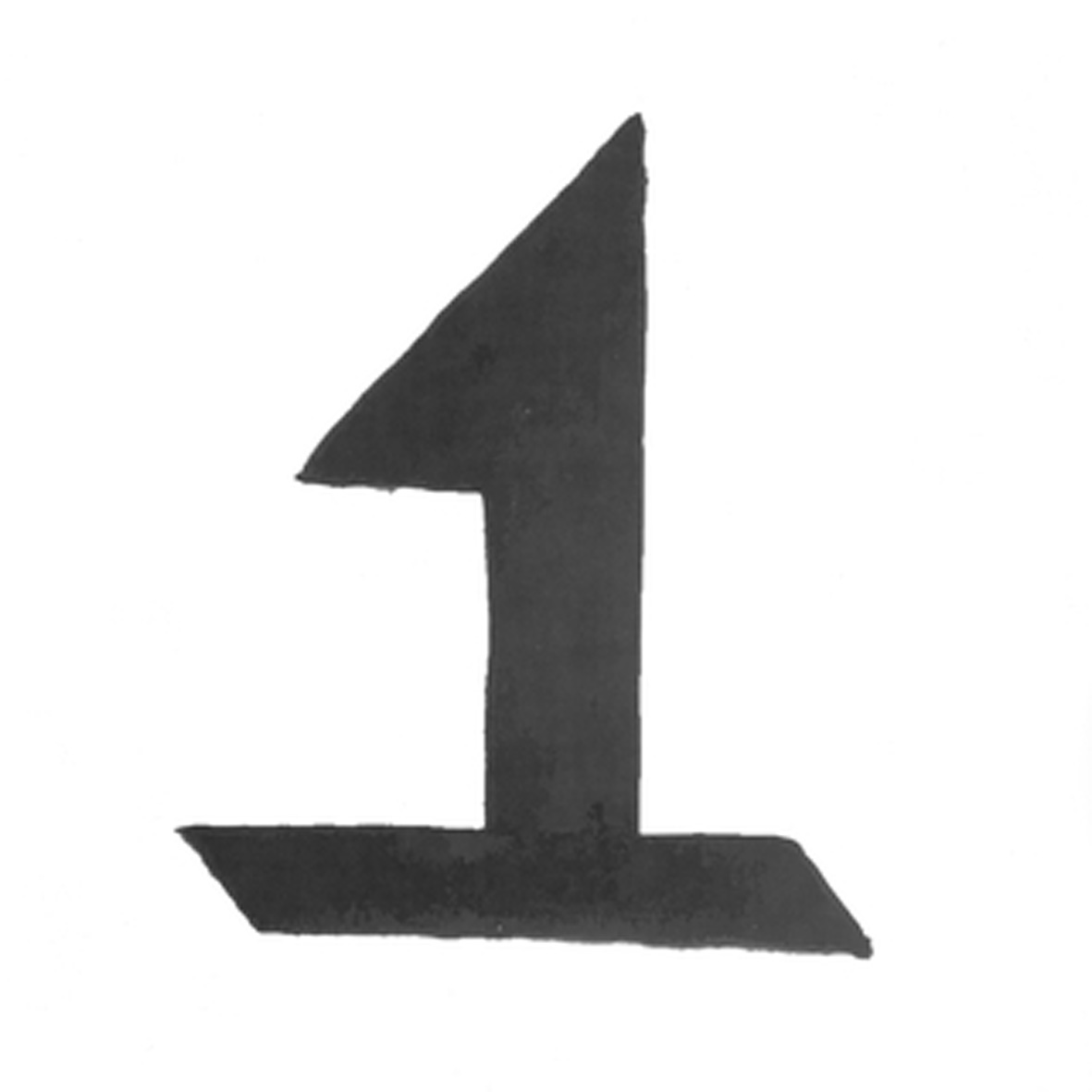The Dead C, "Trouble"
 This latest opus captures The Dead C at their most endearingly perverse, brilliant, and anti-virtuosic, as they have somehow managed to craft a double album without actually having any conventional content at all: no real riffs, no hooks, no grooves, and no songs (unless some mumbling in a sea of feedback counts).  That approach seems to tailor-made to alienate most potential new listeners, but the towering monolith of guitar squall that is Trouble is an absolute delight for the faithful like myself.  These five sprawling and amorphous pieces sound like someone dropped napalm on rock music, leaving nothing but a smoldering, heaving, and howling wreckage.  Occasionally something resembling a melody will emerge from the blown-out entropy, but the album’s real appeal is its visceral chaos.  In some ways, this may very well be The Dead C's finest album yet.
This latest opus captures The Dead C at their most endearingly perverse, brilliant, and anti-virtuosic, as they have somehow managed to craft a double album without actually having any conventional content at all: no real riffs, no hooks, no grooves, and no songs (unless some mumbling in a sea of feedback counts).  That approach seems to tailor-made to alienate most potential new listeners, but the towering monolith of guitar squall that is Trouble is an absolute delight for the faithful like myself.  These five sprawling and amorphous pieces sound like someone dropped napalm on rock music, leaving nothing but a smoldering, heaving, and howling wreckage.  Occasionally something resembling a melody will emerge from the blown-out entropy, but the album’s real appeal is its visceral chaos.  In some ways, this may very well be The Dead C's finest album yet.
The trio does not waste any time at all in establishing their malign intent, as the opening "One" erupts with a stammering two-note riff amidst a roaring gale of white noise, then the almost-riff disappears entirely to leave a gnarled miasma of distortion and feedback bolstered by Robbie Yeats' wandering and fitfully spirited drumming.  Such a formula hardly seems like ideal grist for a 20-minute song, but somehow Michael Morley, Bruce Russell, and Yeats make it work, seamlessly ebbing into interludes of lazily sputtering guitar noise and almost-vocals, then building back up to eruptions of churning and formless density.  Unexpectedly, however, the piece ends with an eerily beautiful coda of quivering feedback.  Dynamic wizardry and feedback-wrangling aside, I am also particularly fascinated by Yeats' bizarre drumming choices, as he continually rides the line between lunatic and genius, seemingly losing interest in his beats almost instantly yet somehow maintaining a weirdly appealing and faltering momentum despite himself.
The following "Two" roughly adheres to the same formula, but initially features a fairly coherent groove.  In fact, it almost sounds like the band attempted to play an actual song, but were instantly derailed by their inability to control their chain of effects pedals.  Even that semblance of order soon disappears, however, and the rest of the piece is a push-pull between shambling, overloaded meandering and rare, ephemeral convergences into actual chords and hints of melody.  Near the end, the more structured elements seem to finally win and something songlike briefly emerges before falling apart again.  In classic Dead C fashion, even the most coherent parts still features mumbled, unintelligible vocals and a guitarist who sounds like he does not realize the song started and is still unhurriedly trying to tune.  Unsurprisingly, the remaining three songs essentially offer up more of the same, albeit with somewhat shorter durations.  While The Dead C do not have any tricks up their collective sleeve, they compensate with their admirably thorough commitment to this aesthetic of snarling and wrongheaded feedback sludge.  If the band does have a trick, it is only that they create such an effective illusion of lumbering sloppiness at times that I am still caught off-guard whenever a piece like "Three" suddenly blossoms into a striking passage of strangled notes or hauntingly swooping feedback howls.
If possible, I suspect Trouble might be the most ingeniously incompetent-sounding Dead C album yet, as it is very easy to imagine a guitarist with no fingers or a kid who just bought a drum set being able to happily jam along with it.  That is not dissimilar to how some people view free-jazz, yet the gulf between titans like Ornette Coleman and Pharaoh Sanders and mere dabblers and dilettantes is enormous.  With Trouble, it would not be crazy to say The Dead C have become the Ornette Coleman of noisy rock deconstruction, as this is arguably their artistic zenith.  Previous classics like Harsh 70s Reality certainly have better (or at least more accessible) songs, but Trouble willfully throws away absolutely everything that makes rock music great and still sounds amazingly vibrant, dynamic, unpredictable, and complex.  It is easy to see why The Dead C is so underappreciated, as this is a singularly messy and uncompromising vision, but I cannot think of any other bands that could produce a satisfying double album without the benefit of hooks, melodies, or strong rhythms.  The Dead C admittedly offer some raw power at times, but Trouble would quickly become a numbing experience if that was all they had to offer.  What they bring to the table instead is considerably more unique and intangible: an intuitive hive-mind genius for both artfully falling apart and unexpectedly shaping ruin into beauty.
 



